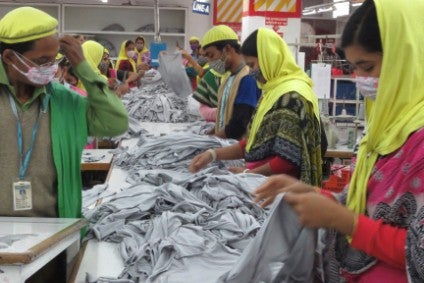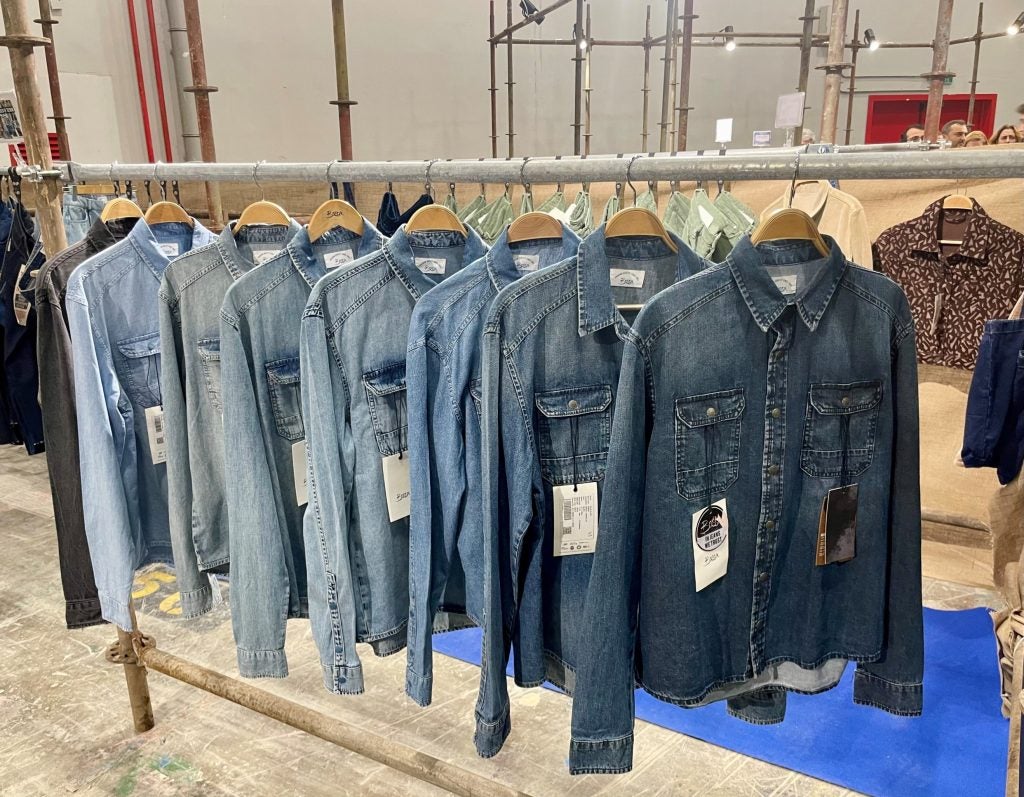
The ongoing US-China Trade War has shifted global sourcing away from China to other less mature markets where ethical and quality control compliance issues in manufacturing are more prevalent, according to an analysis of data collected during hundreds of thousands of onsite inspections, audits and lab tests.
The analysis, coupled with a survey of businesses across the globe at the end of last year, appears to confirm that geographical diversification of sourcing is very much underway – with as many as 75% of respondents reporting they are already sourcing suppliers in new markets or planned to do so before the year was out.
The research by global quality control and supplier compliance service provider QIMA (formerly AsiaInspection) also found up to 30% of respondents said they were specifically diverting their sourcing from China to other regions as the tariff face-off with the US continues to unfold.
Markets seeing more activity include those with less mature manufacturing industries than China – like Indonesia, Cambodia, Bangladesh, Turkey, and Vietnam – all countries where factory compliance, workers’ rights, safety, waste management, and quality control issues persist. For instance, Vietnam, Indonesia, and Turkey saw their average factory scores deteriorate by -5.1%, -3.2% and -3.1% in 2018 respectively.
The positive news is that many global brands are also taking action to mitigate the risks of shifting sourcing markets, with QIMA handling an uptick in requests for inspections and audits in most of these emerging markets. In Southeast Asia, for example, Indonesia and Cambodia saw demand for inspections and audits expand by over 50%.
See Also:
Meanwhile, demand for inspections and audits in South Asia booked double-digit growth, outpacing the forecast for the region’s economic growth. Bangladesh, an ever-popular destination for textile and apparel, saw a particularly strong influx of buyers, resulting in 37.3% growth.
How well do you really know your competitors?
Access the most comprehensive Company Profiles on the market, powered by GlobalData. Save hours of research. Gain competitive edge.

Thank you!
Your download email will arrive shortly
Not ready to buy yet? Download a free sample
We are confident about the unique quality of our Company Profiles. However, we want you to make the most beneficial decision for your business, so we offer a free sample that you can download by submitting the below form
By GlobalDataHowever, China’s demand for inspections and audits also showed resilience in 2018 – rising 8.5% compared to 2017.
Supply chain sustainability
QIMA audit data going as far back as 2016 shows a slow yet steady upward creep of ethical scores in the textile and apparel sector. That trend, coupled with the fact that this industry has received more consumer scrutiny than most, validates the argument that increased demands for transparency in supply chains result in better sourcing ethics down the line.
During 2018, the most pressing ethical issues in supply chains included waste management and working hours and wages. Companies sourcing from China in particular should bear in mind the changes in the country’s social security regulations, and would do well to strengthen their audit controls in the area of supplier payroll records and employment practices.
In terms of factory building safety, over 60% of audited factories require improvement in order to ensure ongoing worker safety. The state of factory safety varies greatly by region: while in Southeast Asia, just over half of all factories needed improvement in the immediate and medium term, the figure was much higher for China, with up to 70% of surveyed facilities ranked “Amber,” indicating the need for corrective action.
Strides in product quality
While the overall impact of increased sourcing diversification in 2018 was reflected in a fall in product quality figures collected by QIMA, textiles and apparel bucked this trend.
Inspection data shows textile and apparel manufacturers reduced their failure rates by 18.5% in 2018, a possible reflection of the sector’s gradual improvement in supply chain ethics over the past two years. Indeed the data consistently shows a positive correlation between ethical scores and quality performance, with such factors as better working conditions and retention of qualified personnel contributing to higher product quality.
Meanwhile, aggregated lab data shows that phasing out lead and especially phthalates remains a considerable issue for suppliers selling to the EU and the US. Specifically, in 2018, over 7% of tested products failed to comply with EU REACH rates due to excess amounts of lead, and 8% for banned phthalates.
Suppliers to the US fared better on lead, driving test failure rates under 5% – which represents a notable improvement on 2017 performance, especially in terms of compliance with US CPSIA and California Prop 65 requirements. Nevertheless, phthalate compliance among this group remained an issue, with 9% test failure rates showing no tangible improvement over a two-year period.







